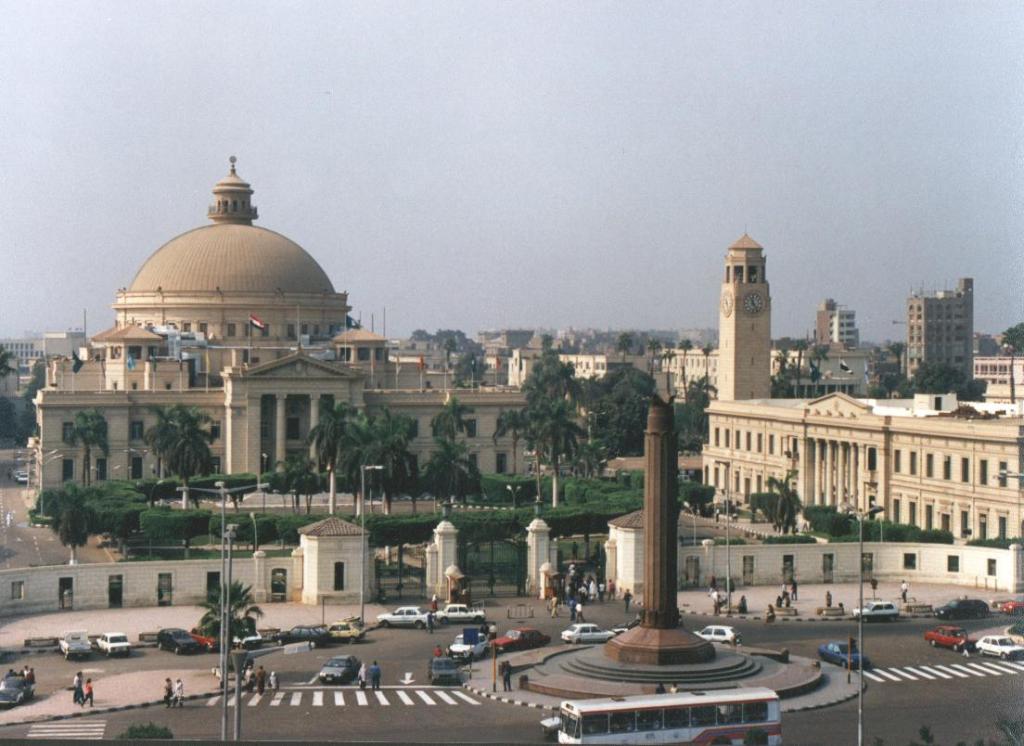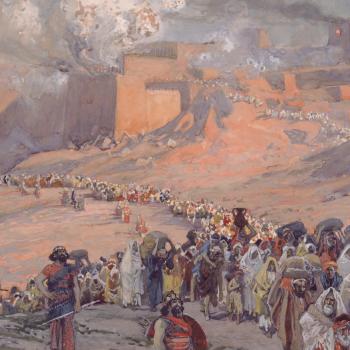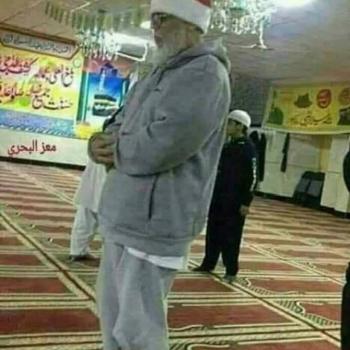
I share, here, a couple of passages that I marked during my reading of Charles Kurzman’s very counterintuitive (and therefore very important) book The Missing Martyrs: Why There Are So Few Muslim Terrorists (Oxford: 2011). Professor Kurzman is also the compiler and editor of the seminal anthology Liberal Islam. He uses the term liberal not in the sense of contemporary American disputes between Democrats and Republicans but in the older sense of “classical liberalism”:
Around the world, . . . most Muslims are far less interested in Islamist revolution than in liberal Islam. By liberal Islam, I mean movements that espouse key ideals of the Western liberal tradition, such as democracy, human rights, social equality, and tolerance — but that approach these ideals through a distinctly Islamic discourse, not just borrowing Western discourses. When I edited an anthology of influential liberal Muslim thinkers a decade ago, some of my friends joked that this was going to be a short book. Fortunately, I didn’t need to pad the volume in order to prove them wrong. Almost every Muslim society around the world has generated a significant body of liberal Islamic thought, along with social and political movements aiming to turn these ideas into reality. Not all of these movements call themselves “liberal” — in fact, some of them actively dislike the term, which they associate with the hypocrisy of Western imperialists who claimed to be agents of “liberalism” even as they suppressed their subjects’ liberties.
Regardless of what label we apply to them, these liberal Islamic movements have been active for more than a century and have undergone a renaissance over the past two decades. They represent a significant challenge to Islamist terrorists, who loathe them for it. (95)
This is really important. But there should be no doubt that a battle is underway for the soul of Islam, and that the forces of illiberalism should not be taken lightly. I’ve never forgotten this case since I first heard of it:
In one famous case, Islamists were able to “prove” in court that a prominent liberal Islamic scholar in Egypt, Nasr Hamid Abu Zayd, was an apostate. Abu Zayd, a professor at Cairo University, had written several books analyzing the language and interpretations of the Quran. . . . [He] argued that the revelation became subject to human interpretation the moment that it was revealed to humans, and that efforts to claim a single, authoritative interpretation were little more than power plays. A group of Islamist lawyers argued that these positions constituted apostasy, citing critiques of Abu Zayd’s work by several Islamist religious scholars. According to one of these critiques, Abu Zayd was an “ignorant” proponent of the Enlightenment “who understand[s] freedom of thought to mean freedom to lead the people to infidelity.” According to another, Abu Zayd’s work amounted to “cultural AIDS” and “intellectual terrorism.” (This critic was himself assailed as an apostate several years later for his own religious writings.) An appeals court accepted these arguments and annulled Abu Zayd’s marriage, on the grounds that a Muslim woman cannot be permitted to marry a non-Muslim man. To stay married, Abu Zayd and his wife emigrated to Europe, where they hold prestigious university positions. (119)
One further complication that I think I recall from my first reading about this case: Once Professor Abu Zayd had been declared an infidel and an apostate, his marriage was automatically, ipso facto, null and void, since it’s illegal for a Muslim woman to marry a non-Muslim man. Then, if they continued to cohabit, they would be guilty of adultery, which would make them worthy of death. Pretty clever!












